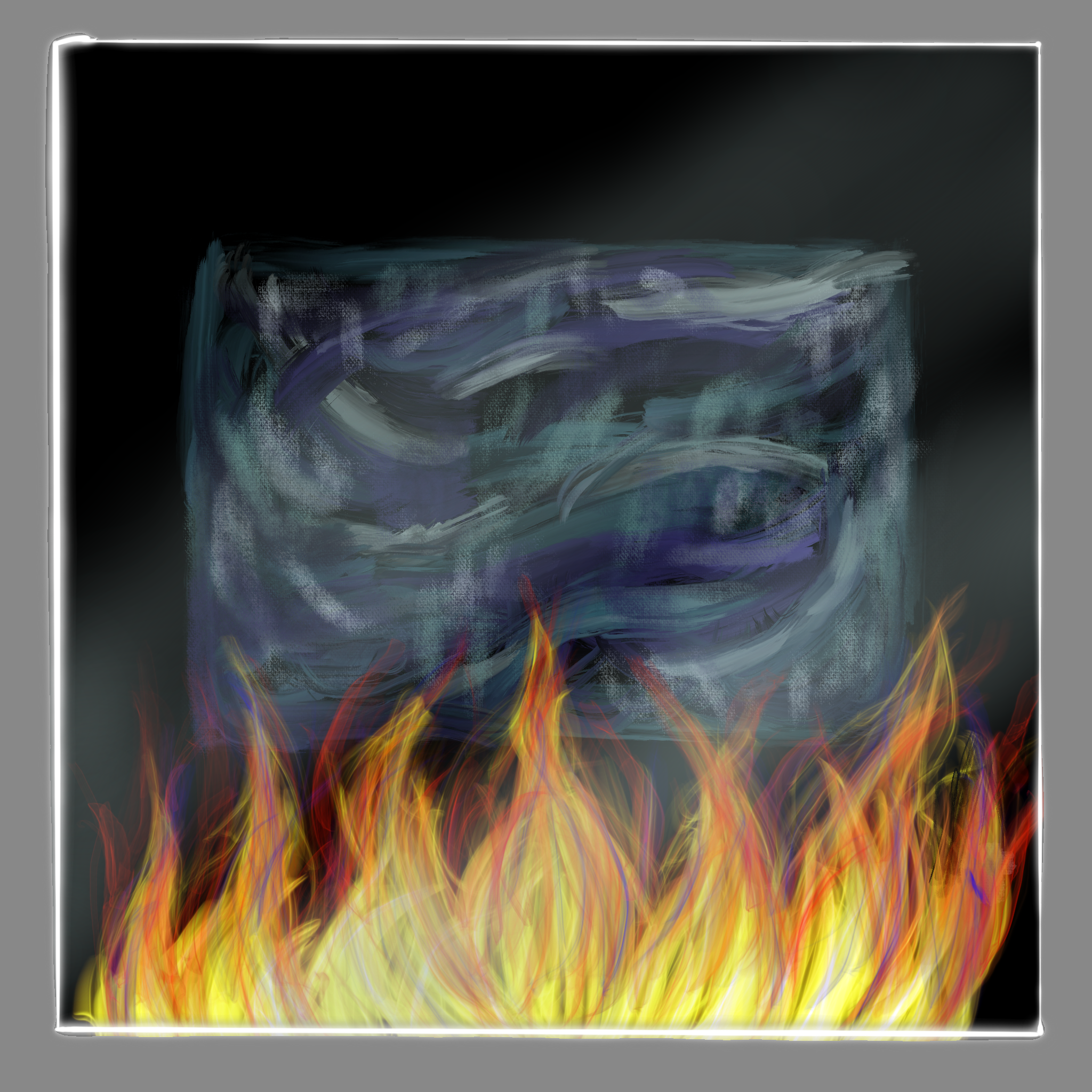
Flitting program pages accompanied quiet murmuring as the lights dimmed throughout Galvin Recital Hall on October 14. Then, Voice and Opera Professor W. Stephen Smith came onto the lit stage and promised that we would “all be educated and entertained” by the professional opera singer Christine Goerke. Words like ‘opera singer’ and Bienen School of Music come with a prestige of professionalism and haughtiness. Then, Goerke came on stage in white Adidas Sambas and a simple red sweater.
The Tichio-Finnie Vocal Master Class series features “stars of the opera world” who come to teach a select group of four Voice and Opera majors once per quarter. For this fall, the chosen students were second-year Voice and Opera graduate student Spencer Greene, fifth-year Voice and Opera student Calista Ro-Jei Smith, second-year Voice and Opera graduate student Wesley Diener and fourth-year Voice and Opera student Emily Amesquita.
Amesquita and Ro-Jei Smith both noted the enigmatic nature of the decision process, where candidates “basically just receive an email that’s like ‘you were chosen,’” according to Amesquita. While unaware of the specifics, Amesquita did say that masters students and fourth-years are prioritized.
Regardless of how the decision process works, students see it as an honor to be a part of these master classes and to learn from the opera professionals who lead them.
Christine Goerke’s profile spanned over a page in the program, showing her prestige in the opera world. Goerke’s name joins other musical giants who have already participated in this master class series; powerful mezzo-soprano Jamie Barton visited during the spring of 2024, and 3-time Grammy winner Joyce DiDonato participated last winter.
The event was open to the public, but Voice students and professors, friends and family, and Evanston residents made up the bulk of the audience. As a spectator, I think more students outside the Voice program should join in on what Roi-Jei Smith called the “positive energy” in the Galvin Recital Hall.
Right from the beginning, Goerke delivered on the promised entertainment as she ushered in Greene by saying, “send in the first victim.”
After the applause died down, Greene introduced himself and took off his glasses to perform Puccini’s “Era eguale la voce?” from Gianni Schicchi. For the first performance of the piece, Goerke observed from the right side of the stage and followed along in her copy of the score. Once the performance concluded, she commended Greene on his artistry before turning to the audience and asking if anyone knew the context of the song. Even though a few people raised their hands, she still asked Greene–and all the following “victims”–to explain their pieces to the audience.
This was just one example of Goerke’s ability to engage with the audience while giving the students space to show what they have learned. Asking the audience questions and using “we” instead of “I” made students feel more open to contribute to the conversation.
It didn’t hurt that she was also hilarious.
After Amesquita explained that her character was older than her love interest, Goerke said, “The Marschallin (Amesquita’s character) is a cougar. Meow meow!”

When explaining what it’s like to sing Rossini, Goerke said, “It’s like jazz. Ya like jazz?” This comment got laughs from the audience, who understood this reference to the Bee Movie.
The audience members weren’t the only ones having fun.
“The thing that I really appreciated about this master class was that it was really fun to be a part of because of the environment that she created, but also because of the things that she was working with us on,” Amesquita said.
Most of Goerke’s comments to the students seemed to focus on risk-taking rather than precision. It was a “colleague class,” she called it, not a master class. When Goerke acted as a scene partner, each student seemed to lean more into their character. Baritone Diener’s piece “Se il mar promette calma” from Lotario featured a menacing tone, but his body language didn’t always match. Once Goerke stepped in and acted as the female character opposite his, Diener became more authoritative in both his body language and singing. When Goerke asked the audience how Diener’s performance seemed different, one spectator said, “Now, you’re a mean person. Before you were a dandy.”
While I disagree with this characterization, I could see how Goerke’s character notes shaped Diener’s performance the second time. With additional notes on tempo, the song changed another time as he sang a section again.

This is the beauty of master classes: nothing is permanent. Everything Goerke suggested can either serve the student later on or be discarded. The pieces the students brought are by no means in perfect shape at the end of the master class. If anything, that’s the point.
“I mean, so much of this career is education to do the career, even once you get to a graduate or postgraduate level,” Amesquita said.
Roi-Jei Smith shared a similar sentiment.
“If you’re in any kind of young artist program, there most likely will be master classes. And it really doesn’t matter your age, if you’re in the program, you’re doing the master class,” she said.
Goerke’s master class taught students that the artistry of voice and music in general is this constant evolution. From this installment in the Tichio-Finnie Vocal Master Class series, I learned through Goerke’s encouragement to try something outside of my comfort zone. Like Goerke said, “we all just need permission to be artists.”
Be sure to keep an eye out for the next master class in Winter Quarter to see what you will take away from it.



